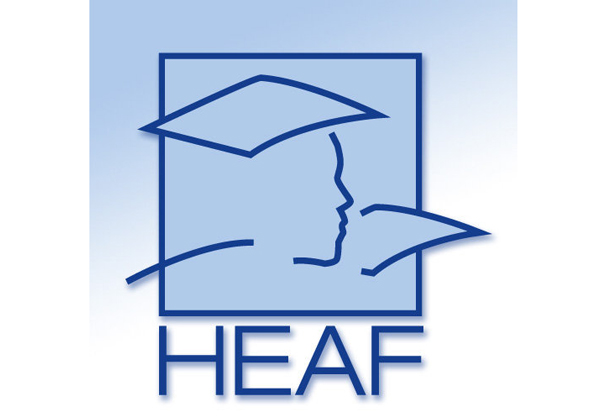
In an effort to provide more opportunities for K-12 students to tackle challenging coursework in science, technology, engineering and math (STEM) education, the Polytechnic Institute at NYU has partnered with the Harlem Educational Activities Fund (HEAF) to expand NYU-Poly’s Science of Smart Cities (SoSC) program to seventh and eighth graders.
The SoSC program is taught by current NYU-Poly students and consists of four modules on energy, food and sustenance, transportation and wireless communications, with each module totaling 25 hours of instruction.
One goal is to introduce students to concepts and techniques that emphasize a more livable, sustainable and safer city environment.
NYU-Poly senior and SoSC founding instructor Howard Jiang said that the knowledge covered in the program will be extremely valuable to the students as it applies to the world on a grand scale.
“We take a look into [different] types of systems in our current cities and look at what they look like or can look like in a smart city,” Jiang said. “Smart cities are in development throughout the world and many of the technologies and concepts we talk about in class can be seen in cities such as Songdo, South Korea and in Amsterdam.”
According to an NYU-Poly press release, the program will culminate with final projects. For the final, students will construct their own model “smart city” using real-world materials and technologies.
The program debuted in the summer of 2012 and lasted four weeks, with each week devoted to studying energy, urban infrastructure, transportation and wireless communication systems.
Program director Dominick Dennisur hopes to expand the program even more. An important measure to expand involves making the curriculum more user-friendly and adaptable so other institutions can follow in SoSC’s footsteps.
Ben Esner, director of the Center for K-12 STEM Education at NYU-Poly, also emphasized that the program focuses on an integrated curriculum, emphasizing creativity.
The partnership between NYU-Poly’s SoSC and the HEAF builds upon a previous program when high school students worked with the university to participate in the First Tech Challenge last year.
HEAF also partners with a number of other universities including Barnard College, where students studied humanities such as women’s history, and Touro College, where students studied health education.
Philip Lentz, director of public affairs at NYU, said that opportunities for STEM education for K-12 students are also available on the Washington Square campus.
Programs include the Hudson River Education and Stewardship Program, a citizen science program that gives New York City high school students the opportunity to monitor water quality in the Hudson River Estuary, and the National Science Foundation Grant, which develops a GreenTech Career education program for high school students in the city.
Fay Lin is a staff writer. Email her at [email protected].






















































































































































